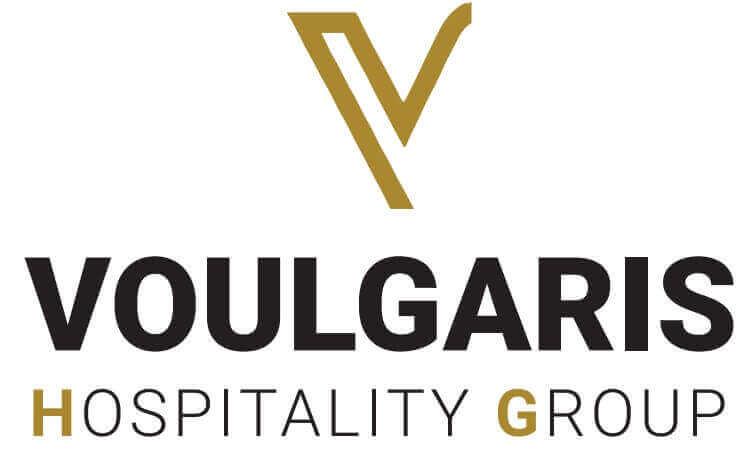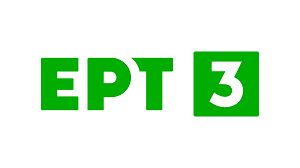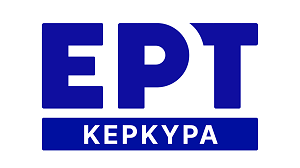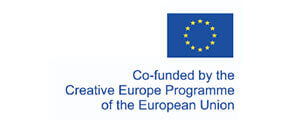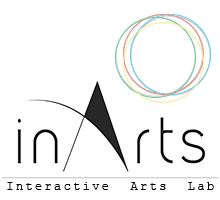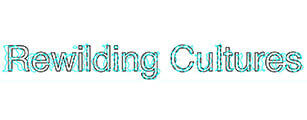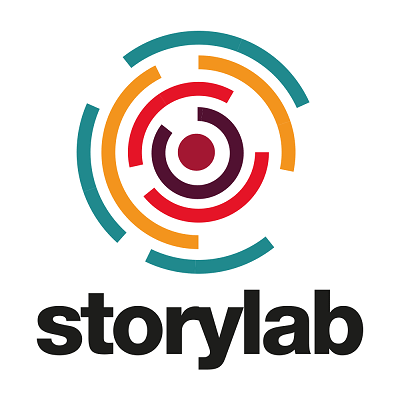Summary
In this article, we present our research on the potential benefits of learning glass technologies on teaching and learning within different classrooms and educational contexts. Our interest on such technologies stems from our practical daily teaching role at various educational levels, which leads to new approaches on the varying teaching audiences. Aspects of the evolving digital cultures and/or learning pattern trends include the media-rich educational content, collaborative teaching methods, high learners’ involvement, hybrid learning technologies and so forth. Prior research has provided some evidence on the usefulness of learning glass technologies in tertiary education. Nevertheless, a thorough investigation of the pre-requisites, success parameters and conditions of use is necessary in order to come up with a realistic and firmly established framework of potential usefulness in the current education system. Early findings point at certain aspects of the teaching and learning process that facilitate a successful learning glass – based experience and lead us to the way forward.
Theoretical Framework and Objective
Learning Glass(LG)/Lightboard is a modern educational tool produced in the United States (Western Michigan University, Southeastern University, San Diego State University & Cornell University). It works a two-sided flip board proven to promote learning growth and keep students engaged.
Skibinski et al. (2015) stated that when the lecturers use a Lightboard during their teaching, they face the class, writing with commercial markers on a glass supported at a comfortable angle. Their image is captured from the backside of the glass using a tablet computer. The image on the tablet shows the lecturer writing normally, because front-facing cameras on tablets are intended for videoconferencing and most of them transpose the captured image in the horizontal plane. This image can be streamed in real-time to a receiver and then displayed using a television. The instructors can create tutorial videos or live-stream a lesson. Also, the students can attend the live-stream and they can rewatch the tutorial videos as many times as they need to.
In Greece, a LG was initially created by the Ionian University researcher Eftychia Aslanidou. The aim of her research is to document the potential of this technology to serve as a supplement tool in a range of specifically targeted education settings, including culturally diverse learners, hybrid education and social media involvement (Aslanidou, 2022).
Method
In order to thoroughly investigate different viewpoints in the use of learning glass apparatus designs, we recruit a set of methods and techniques. Initially, a systematic literature review has been performed in order to outline the research outcomes up to date. This lead to a thorough understanding of the potential role of LG in different cases, in hybrid education and in lifelong learning (Aslanidou, 2022).
Following that, we are in the process of empirically researching different aspects of this technology in different education settings. Extended action research sessions are in progress at primary schools at Zakynthos, Greece and more empirical studies are planned at the level of Ionian University teaching.
Conclusion
Preliminary evidence indicates the potential capabilities of learning glass on several areas in the meta COVID-19 era. In particular,
• Primary school pupil groups in classes that facilitated learning glass devices, exhibited a clearly open, collaborative and high-incentive behavior
• Top-ranked pupils seemed to be willing to retain their cognitive performance in groups of the above condition
• Earlier primary school classes indicated a higher degree of enthusiasm in working with learning glass equipment, identifying a similarity to “hands-on digital media”
• Academic teachers express a high expectation on the potential usefulness of such technologies for tutoring in science labs
Following the preliminary evidence, extensive empirical testing is expected to provide a full insight on the usage framework of learning glass technology for all educational levels.
References
Aslanidou, E. (2022). Literature Review of The Innovative Learning Glass / Lightboard In Hybrid Education. European Journal of Alternative Education Studies, 7 (2).doi:http://dx.doi.org/10.46827/ejae.v7i2.4563.
Skibinski, E. S., DeBenedetti, J. I., Ortoll-Bloch, A. G., & Hines, M. A. (2015). A Blackboard for the 21st Century: An Inexpensive LightBoard Projection System for Classroom Use, Journal of Chemical Education, 92 (10), 1754-1756.
Back
